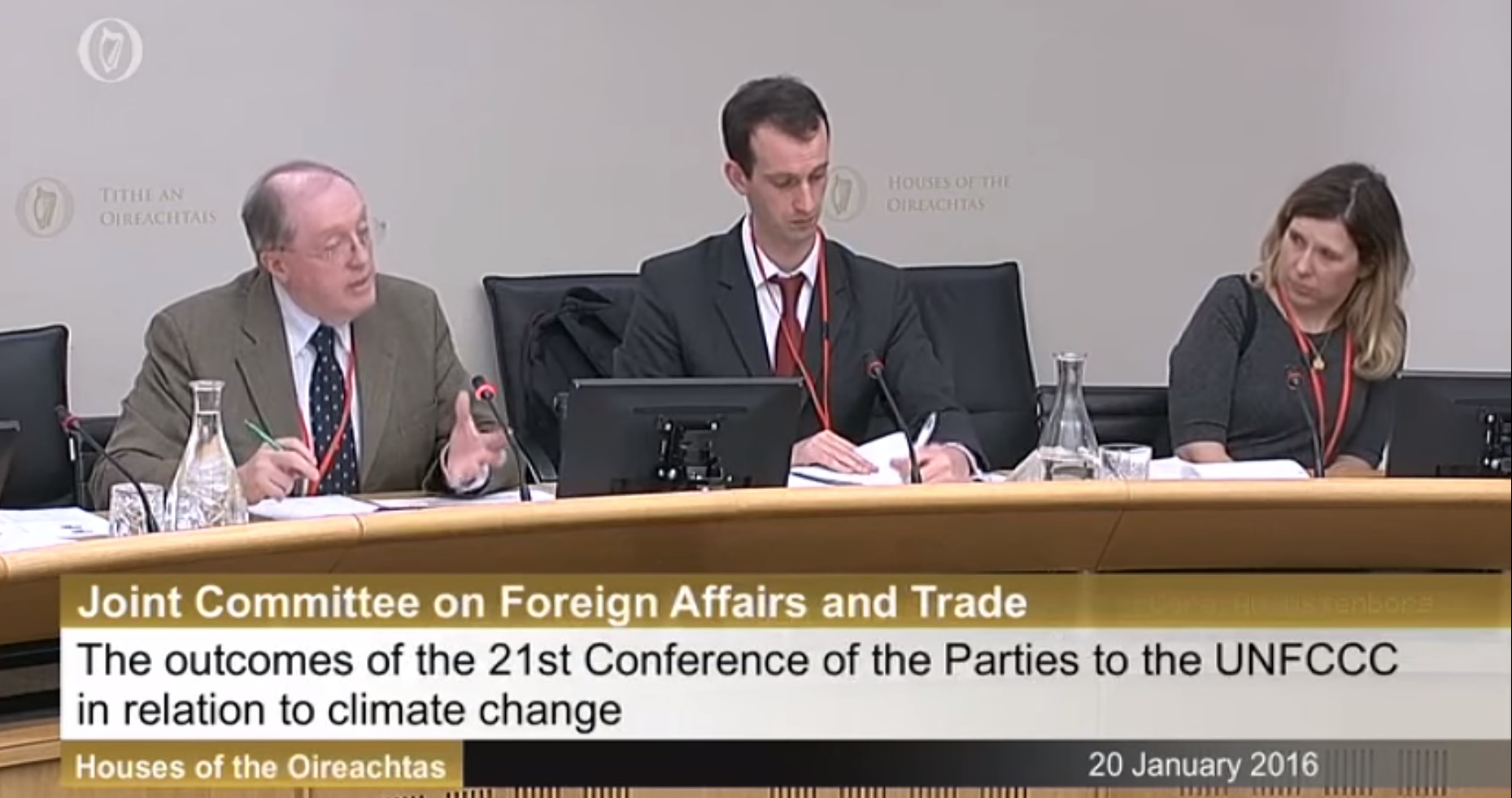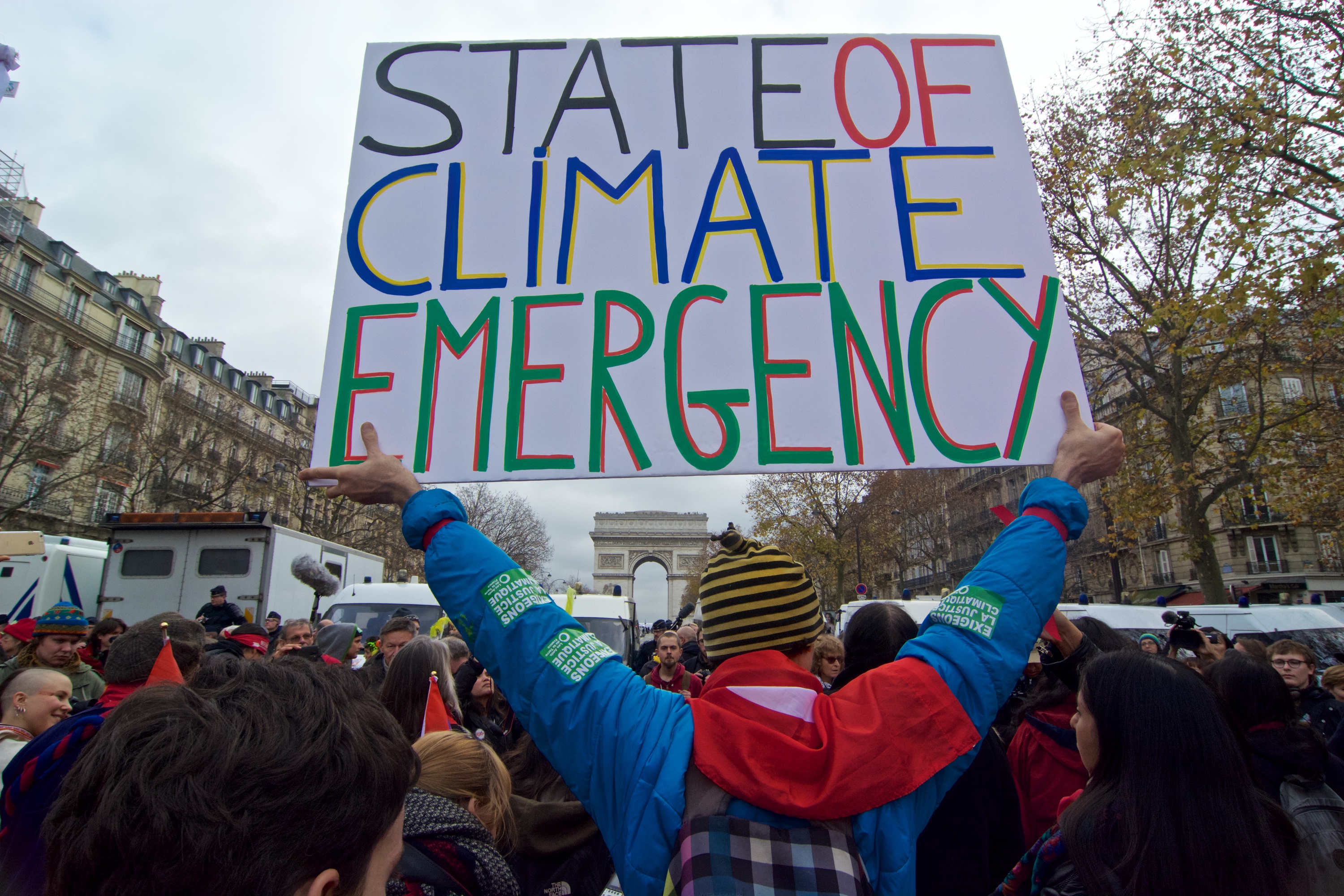Reducing meat intake has environmental and health benefits

June 12th, 2017
Today – Monday 12th June – marks World Meat Free Day. This is an initiative that pushes for everyone to adopt a meat-free diet for 24 hours in an effort to is raise awareness of the need to reduce our meat consumption for our health and the health of the planet.
Life cycle assessment of food products – where the impacts of a product are evaluated from raw materials right through to disposal – has shown that meat has the highest environmental impact. Animals are quite inefficient at converting their feed directly to meat, so it takes a huge amount of land to grow enough feed for the animals we eat.
Animals are quite inefficient at converting their feed directly to meat, so it takes a huge amount of land to grow enough feed for the animals we eat.
Animals are quite inefficient at converting their feed directly to meat, so it takes a huge amount of land to grow enough feed for the animals we eat.
Meat consumption is one of the most carbon-intensive of human practices. Livestock account for almost one fifth of human greenhouse gas emissions, most of which is associated with feed production, methane generation by livestock, manure handling and energy generation to run animal houses. The meat industry is also a major cause of other environmental issues – biodiversity loss caused by land use change, soil degradation, eutrophication and water shortages.
The meat industry is also a major cause of other environmental issues – biodiversity loss caused by land use change, soil degradation, eutrophication and water shortages.
With global meat demands set to increase by 70-80 per cent between 2012 and 2050, the environmental impacts will be much more severe unless we curb our appetite for meat.
It has been calculated that if everyone went vegetarian by 2050, human greenhouse gas emissions would decrease by 20 per cent and global mortality could reduce by as much as 10 per cent. There is a caveat to this win-win
There is a caveat to this win-win scenario, however, as large-scale shifts from pastoral farming in the developing world would likely cause significant unemployment and potential food shortages.
Per person, developing countries consume a fraction of the meat that an average America, Australian or Irish person consumes. Therefore, the onus is largely on developed countries to decrease consumption.
In Ireland, that means we could all do without some of the 76 kilograms of meat we consume each year.
You would be benefiting your health, your pocket and the environment.
[x_author title=”About the Author”]






